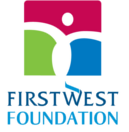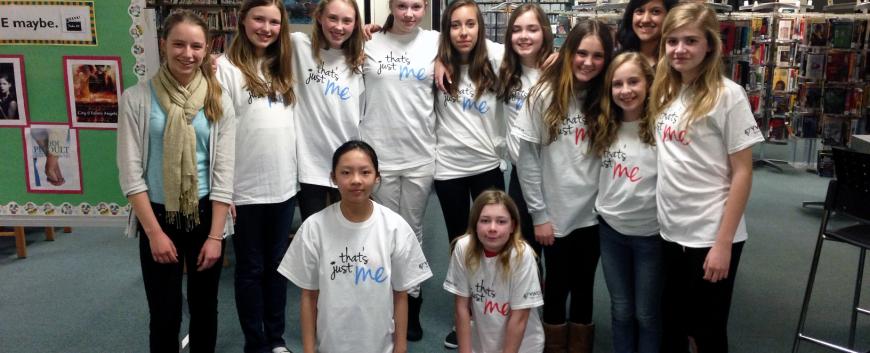Educating for Peacebuilding in Langley Schools
Strong, nurturing relationships are essential to fostering safe, prosperous, healthy communities. Thanks to a recent $10,000 grant from the Envision Financial Community Endowment, the Community Justice Initiatives Association (CJI) was determined to facilitate just that with its established Educating for Peacebuilding program in Langley. A partnership between the Langley School District and Community Justice Initiatives was born out of the need to create safe schools through an effective, sustainable approach that does not rely upon punishment and isolation to deal with discipline issues. Instead, the focus is on creating a safe, respectful classroom where students are encouraged to share their feelings and be accountable for their actions. Elementary school training is a growing aspect of the Educating for Peacebuilding program. Topics include community building, bullying, peer pressure, drug and alcohol use, violence, racism, communication and conflict resolution skills. Peace Circles provide a safe environment for students to talk about these issues and learn how their actions affect others. There is a growing demand for Peace Circles, particularly at the Elementary and Middle school levels. “This year we were able to reach more students than last year,” said Dan Basham, Community Justice Initiatives School Program Director. “The Peace Circles are considered pro-active as opposed to reactive in teaching Restorative Action to students.” The Peace Circles taught the principles of Restorative Action but just as importantly, gave the students a chance to really get to know their classmates in order to build a trusting and supportive atmosphere in the classroom. By the numbers, 128 circles engaged 410 participants in 16 classes throughout 10 Langley schools last year. CJI is also working in every high school in Langley; training student mediators, training teachers and staff and providing mediation services. Specifically, Peace Circles teach students to lean in and listen, how to apologize and forgive, strategies for calming down as well as how to build trust and forgive. Student feedback has highlighted the positive effect of Restorative Action. Quotes from the Peace Circle Feedback Forms “I have learned that I can say things and not be judged by anyone and how I can trust people now and I think that because of the peace circles we are closer together as a class.” “I learned that people can share important things in their life that they normally wouldn’t talk about but be able to open up to their classmates and know their class won’t judge them.” “People have a lot more about them than meets the eye like how some people might act strange around you it’s probably because something happened in their life.” “Feedback from students show that not only have the students internalized the learning, they know how and when to apply it. In no way is the Restorative process a magic wand that will stop students from making future mistakes,” cautions Basham. “But if they can learn something and try to do better, then a large goal has been achieved.”






